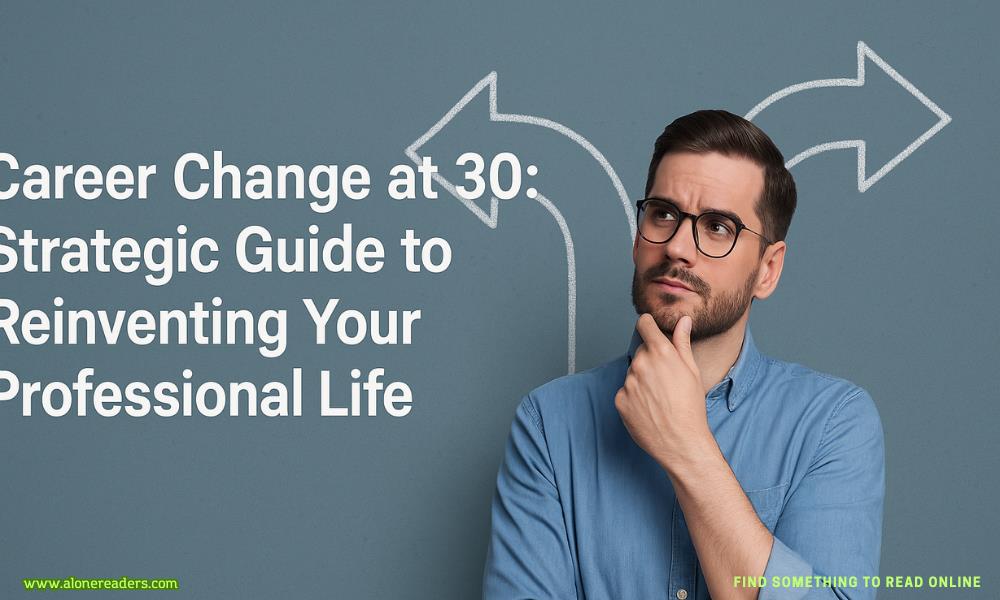Page 73 of Broken Country
Gabriel let go of my hand and without his warm clasp it dangled limp and cold by my side.
“I’m not saying goodbye,” he said.
“Let’s agree never to say that.”
I stayed there, leaning against the old chestnut tree, eyes closed to the bright winter sun, listening to the sound of his footsteps walking away toward the road.
Eleanor had warned me to expect a crowd outside the courthouse but, even so, it’s a shock to see how many photographers are waiting for Gabriel. Twenty, thirty? They seem to be three-deep, jostling and straining for a closer shot; any moment, one of them will surely fall over.
“Beth! Beth! Over here.”
“Don’t look,” Eleanor hisses under her breath. “Stare straight ahead.”
But ahead is where Gabriel is, perhaps no more than ayard or two between us. I could reach out and touch him, if I wanted to. And in some ways, I do want to. I long for the chance to say,Thank you. You have done everything you could. I know you did it for me.
“Gabriel, look, Beth’s right behind you.”
Instinctively, Gabriel turns.
It is a moment, five seconds, perhaps ten, before he comes to his senses. He and I, no one else—the rest of the world, the clamor, the flashbulbs, the shouting, my sister at my side—it all just drops away.
For this tiny flash of time, I drink in the sight of him. And I think he does the same. No smile or nod of recognition, there’s no need. Our eyes say it for us.It’s you.
When Gabriel turns back, a reporter presses right up against him. He is tall, like Gabriel, their faces are only inches apart. Gabriel shoves his chest with the flat of his hand and the man stumbles. “Back off. I said, no comment.”
His voice is pure rage, I’ve never heard it in him before.
“Do you still love her?” someone shouts, but Gabriel has spotted a vacant cab on the other side of the road.
I watch as he darts across the street, one hand out as he flags it down. Wrenching open the door, leaping inside. And he is gone.
“Worst I’ve ever seen it,” Eleanor says as we turn the corner walking, so fast I’m breathless. “But they didn’t get anything. Don’t worry.”
She’s wrong, of course. They are good at their jobs, these photographers, poised to act fast. The photo that will make every paper in the morning is the one fleeting moment when Gabriel and I looked at each other.
I thought we were expressionless, both of us, but that is not how it looks in the pictures.
“The Look of Love?” is theMirror’s headline.The Sunmore accurate with its single word, “Heartbreak.” EvenThe Daily Telegraphputs its own spin on our love story, quoting from Gabriel’s testimony: “I knew it was wrong… But I loved her… I always had.”
The cameras have picked up on something I didn’t even register myself feeling, but it’s plainly there in my eyes: I look so happy to see him. Is that surprising? We are involved in this case in exactly the same way, the shame I feel mirrors his, we are the ones who know what it is like to feel responsible for a death. Not Frank, the man in the dock.
Gabriel’s expression is different to mine. All you see as he gazes at me, exposed for a handful of seconds, is his unutterable sadness.
Eleanor and I have developed a ritual for when we return to her airy, light-filled flat in Parsons Green at the end of each day. We wrench off our shoes, collapse on the sofa, and argue about whose turn it is to make tea. If I close my eyes, the years drop away, and I can picture almost exactly the girls we once were.
As teenagers we’d arrive home from school before either of our parents was back from work. We’d make a pot of tea and several rounds of hot buttered toast—which we invariably burned under the grill—and we would play our favorite record on the gramophone. Our obsessions changed monthly—Little Richard, Bing Crosby, Doris Day, Frank Sinatra, we loved them all. I only have to hear “Sisters” by Rosemary Clooney to be transported back to the innocence of those days. Eleanor and I were word-perfect in that song, we’d ham it up for our parents when they got home, twirling our hair and executing synchronized spins while we sang of sisterly devotion.
Now we drink our tea in silence, feeling the weight ofthe day slip from us. Often, I feel too exhausted to speak. I picture Frank in his prison cell, lying on a thin mattress staring up at the ceiling. He wouldn’t let me visit him in prison, said he would bear it better if he knew I hadn’t seen him there.
Eleanor went once without warning him she was coming.
“What’s it like?” I asked her.
I knew she wouldn’t try to soften the truth, it’s not her way.
“How you imagine,” she said, “but ten times worse.”
“And Frank? How is he?”
- Her Desert King by Marian Tee
- A Wife's Duty by Sam Crescent
- The Gift that Keeps On Giving by Jessa Kane
- Hard Hearts by Ella Goode
- Obsidian Devotion by Sylvia Rae
- Sold to the Single Daddies by Summer Haze
- Coast by Jessica Gadziala
- Jezebel's Liberation by Lacy Rose
- A Touch of Fate by Cora Reilly
- Relentless Knight by Lisa Cullen
- The Cheerleader by Jade Marshall
- With this Ring by Sierra Cartwright
- Axel by Kelly Finley
- Ice Cold Liar by Cynthia Eden
- Her Daddies' Everything by Laylah Roberts
- Bound By Lust by Rose Marie







